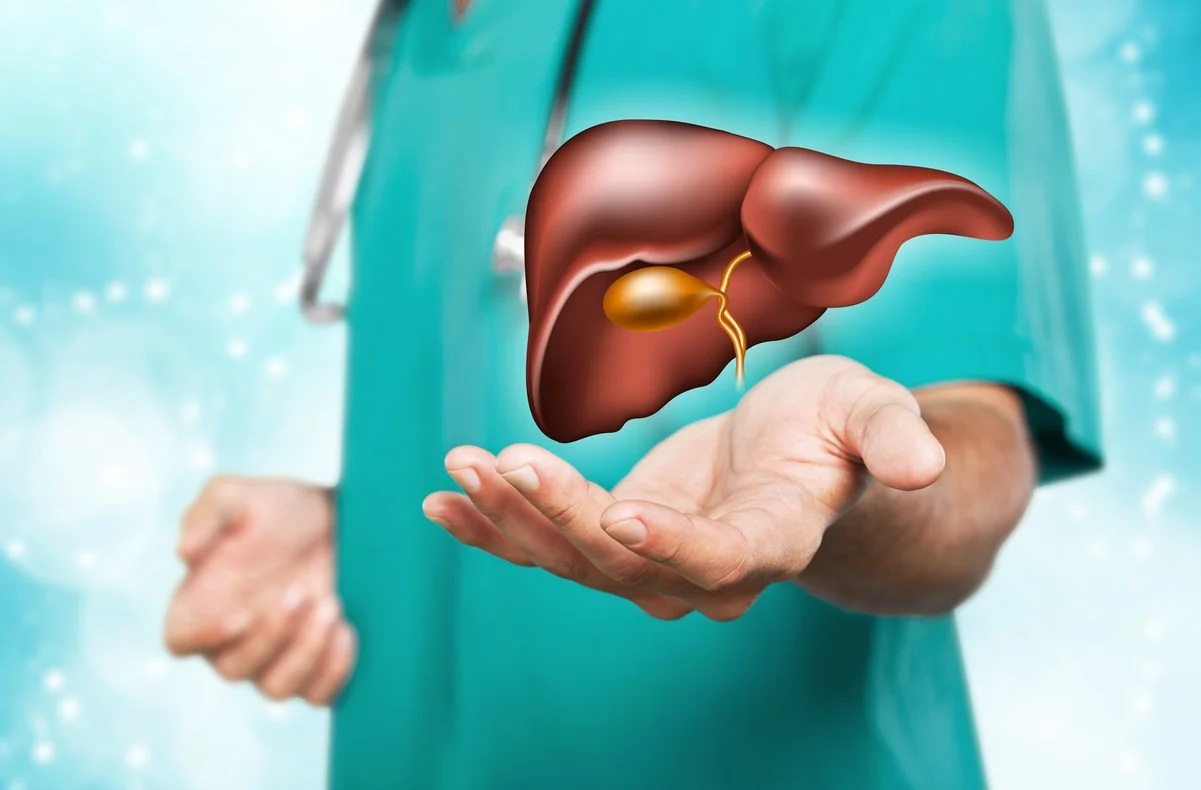

Dr. Naveen Ganjoo, Senior Consultant – Hepatology & Integrated Liver Care, Aster RV Hospital
During the winter season, the liver, an essential organ responsible for a multitude of functions such as metabolism, immunity, digestion, detoxification, and vitamin storage, encounters heightened challenges. Unfortunately, the significance of maintaining liver health tends to be underestimated, resulting in a lack of awareness about the factors that contribute to increased liver issues in colder months. This oversight leads to various complications, with factors like physical inactivity, dehydration, suboptimal dietary choices, temperature fluctuations, excessive sugar intake, and vitamin D deficiency being prominent contributors. This article delves into the intricate details of these factors, underscoring the importance of comprehending and addressing the challenges posed to liver health during the winter season.
Physical Inactivity:
One of the primary contributors to winter-related liver complications is reduced physical activity. Colder temperatures often result in a decrease in physical movement, impacting liver health significantly. Physical activity is a cornerstone in the prevention and management of Non-Alcoholic Fatty Liver Disease (NAFLD). Individuals with various liver conditions, including NAFLD, benefit from regular exercise, making the winter months a critical period to maintain an active lifestyle.
Dehydration:
The winter air tends to be drier, and coupled with reduced water intake due to decreased thirst, dehydration becomes a common concern. Dehydration complicates the liver’s toxin-filtering process, potentially leading to liver damage. Encouraging adequate water consumption during winter is crucial to support optimal liver function and overall well-being.
Dietary Choices:
Winter, synonymous with comfort food, often sees individuals indulging in heavy, fatty meals that can burden the liver. Poor dietary choices contribute to the deterioration of liver health. Raising awareness about the importance of maintaining a balanced and liver-friendly diet during winter is imperative for preventing undue stress on this vital organ.
Temperature and Humidity Fluctuations:
Fluctuations in temperature and humidity play a pivotal role in influencing infection rates, with cold temperatures associated with increased risks for severe infections. This is particularly concerning for individuals with pre-existing liver problems and fatty liver. Understanding the impact of environmental changes on liver health emphasizes the need for proactive measures, such as maintaining a consistent indoor environment and adopting protective clothing in colder temperatures.
Excessive Sugar Intake:
Frequent consumption of sugary hot beverages like tea and coffee during winter can lead to excessive sugar intake. The liver metabolizes fructose to create fat, and an overload of refined sugar can result in a fatty buildup, contributing to liver disease. Encouraging mindful consumption of sugary beverages and promoting alternatives can mitigate this risk.






